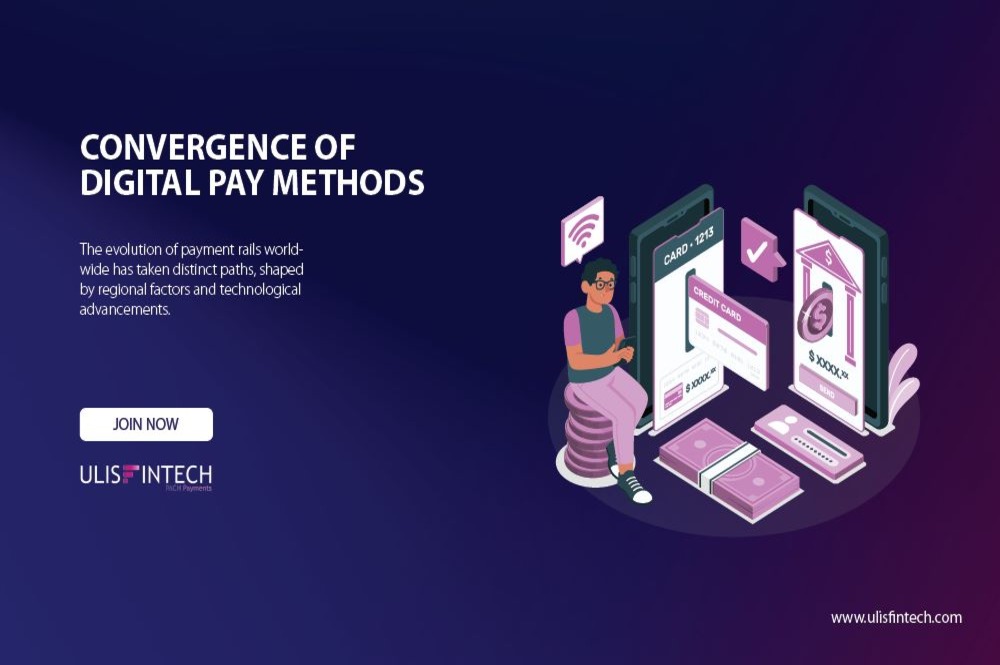Fintech Trends in 2022 and beyond
Mar 03, 2022 - 5 MINS READ

FINTECH TRENDS TO KEEP AN EYE ON IN 2022 AND BEYOND
Fintech is a fast-growing business that combines financial services and (as the name implies) technology. Fintech businesses are the most potent drivers of technological innovation in an increasingly cashless society, and their importance is only growing.
Consumer services, finance, insurance, asset, and capital management, and other industries have benefited from the advent of fintech services.
Ecosystems and customer-centricity
When characterizing the status of fintech, the first trend that springs to mind are customer-centricity. Now, consumers have a say in product development, rather than large corporations. With this new paradigm in mind, fintech firms establish whole departments dedicated to demand research and user experience design.
Ecosystems come in second place. Banks build ecosystems to suit a variety of customer demands, which today extend beyond financial services. In other words, banks must strive to be fintech firms in their own right, combining the dependability of a financial institution with the flexibility and technological aptitude of start-ups.
- Neo banks vs. Traditional Banks
Modern banking institutions are attempting to stay up with the financial services industry's digitization tendencies. Meanwhile, the market share of fintech firms is increasing at an exponential rate. They can adapt to new realities more quickly, and their products are easier to integrate and adjust to meet varied corporate objectives. As a result, investors are more interested in youthful market participants.
If banks do not adapt quickly to the game's new rules, their share will be progressively taken over by fast-growing overseas companies with easy access to funding. Collaborations between established banks and start-ups have already begun in 2021. In early 2020, interesting shifts occurred as fintech companies began taking up tiny banks.
- Options for Payment
Not long ago, firms offering online services had no choice but to enter into partnerships with banks to handle payment processing. Everything is much simpler now. Furthermore, fintech allows non-financial firms to broaden their goods, services, and clients. The technology allows money to be sent straight from banking cards, eliminating the requirement for a mobile terminal. It's also feasible to pay for products or services using a smartphone or smartwatch: the payment is ready to go as soon as you move your device closer to the wireless terminal.
- New Banking Products and Services
Bank institutions use fintech technology to enhance their services, build virtual service channels, and bring new methods of connecting with their customers. For example, it is feasible to create an account without visiting a physical bank office, which is useful in the case of the COVID-19 outbreak. According to the graph below, the use of fintech goods and services has increased significantly since the viral epidemic.
- Cybersecurity
It is an issue of available resources when it comes to cybersecurity and implementing effective security measures. While large banks can deploy unique cyber protection systems, this procedure is far more difficult for less resourceful enterprises. It's no surprise that the market for information security technology is thriving, allowing firms to easily incorporate prepared solutions into their infrastructure.
Big Data, machine learning (ML), and predictive analytics-based solutions have the potential to revolutionize the anti-fraud landscape. A typical information security specialist cannot possibly evaluate all inbound transactions, but machines can. Financial, insurance, and other companies can benefit from effective identification systems.
To summarise
Financial institutions recognize that it is past time to have a digital transformation plan. Fintech innovations may become a key competitive advantage and a strategy for beating the competition in the future. Furthermore, financial technology will seep deeper into other businesses, helping them to innovate and grow.
Businesses, such as banks, insurance firms, and retailers, have realized that fintech is the key to future success, and the future looks bright for those that embrace it as soon as feasible. If you don't want to play catch-up, don't neglect technological improvements, as the saying goes. The creation of fintech technologies and the implementation of a digital strategy are certain strategies to access new markets.







